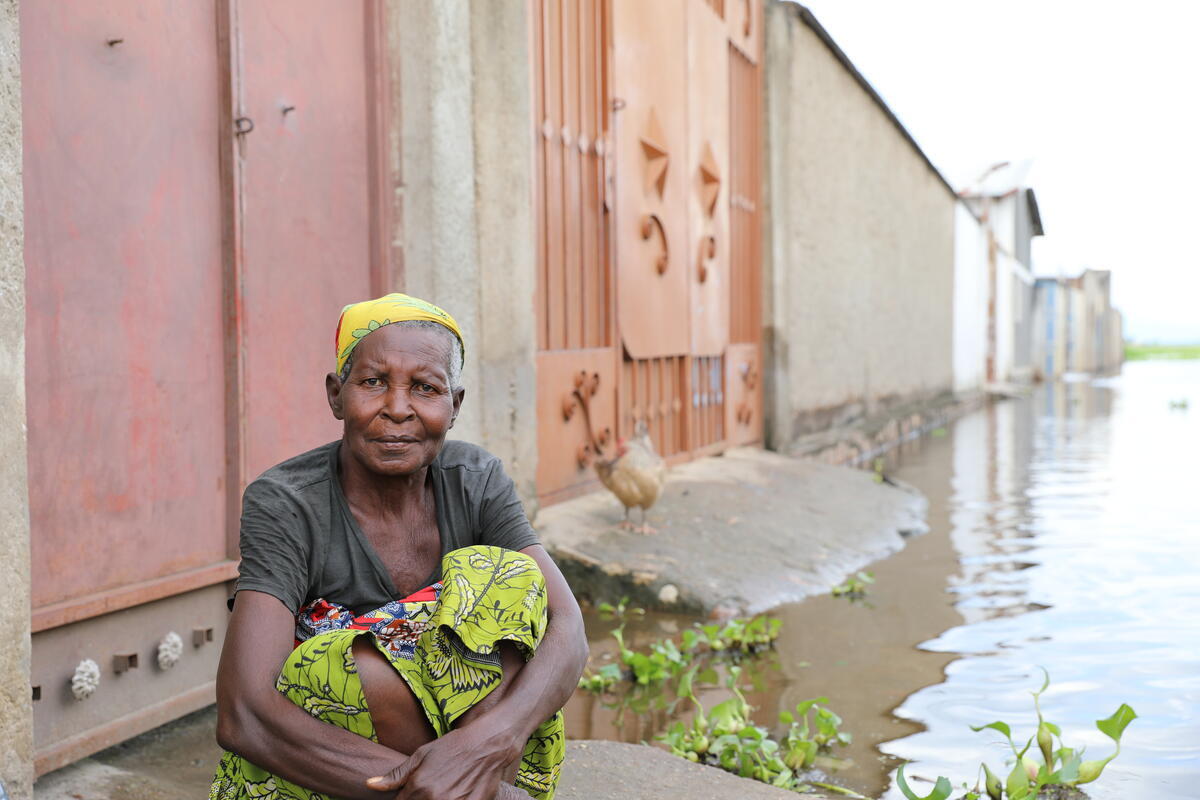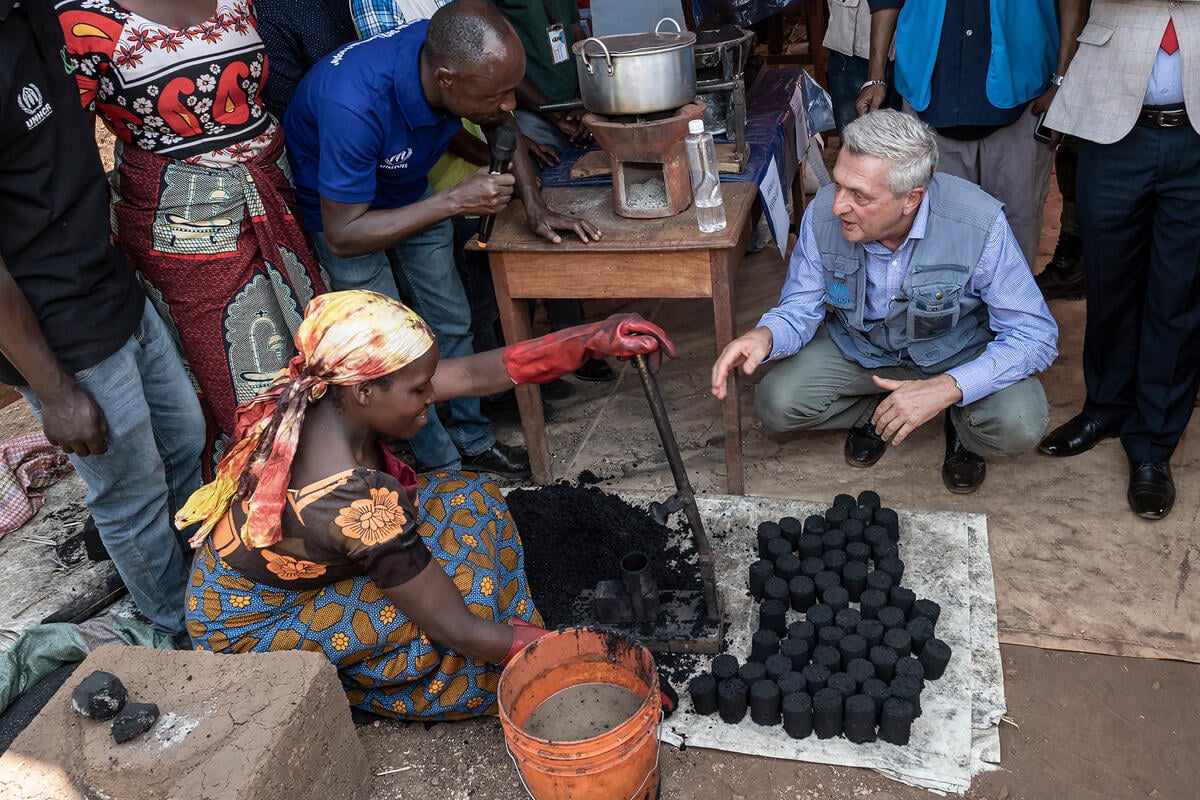Burundi: hundreds fleeing to Tanzania
Burundi: hundreds fleeing to Tanzania
Nearly 900 Burundian refugees have fled to Tanzania since last Friday in a rapidly growing outflow from the war-torn country. More refugees are said to be on the way. The recent arrivals bring to more than 3,000, the total number of Burundian refugees who have fled to Tanzania during September alone - a nearly tenfold increase from August when only 350 new Burundian refugees were registered in Tanzania. This year's total so far now stands at 5,200.
Many of the new refugees say they are leaving Burundi after a period of internal displacement inside the country. Others say they had previously been in camps in Tanzania and had returned home last year or early this year but then decided to flee again. Many of the new arrivals are in poor health condition, with malnutrition noticeable among the children.
Refugees continue to report an escalation of conflict between Burundian military and rebel groups inside the country. Some say their homes had been burnt by soldiers who accuse them of complicity with the rebels. Some of those interviewed at the weekend said that before fleeing they had seen military helicopters flying around the commune of Kinyinya in Ruyigi province.
Refugees from Gitega Province, central Burundi, say they fled after a massacre in Kirambi village of Itaba commune in Gitega on 10 September. Some say they participated in the burial of some 100 bodies before leaving for neighbouring Tanzania.
Meanwhile, the number of refugees returning home from camps in Tanzania has dropped dramatically. Last week, 365 refugees were assisted by UNHCR to return to their homes, mainly in northern Burundi. In recent weeks, an average of 600 refugees have returned home each week, compared with up to 1,500 per week a few months ago. Since the beginning of the year, more than 45,000 Burundian refugees have returned home - 25,000 of them with UNHCR assistance.








